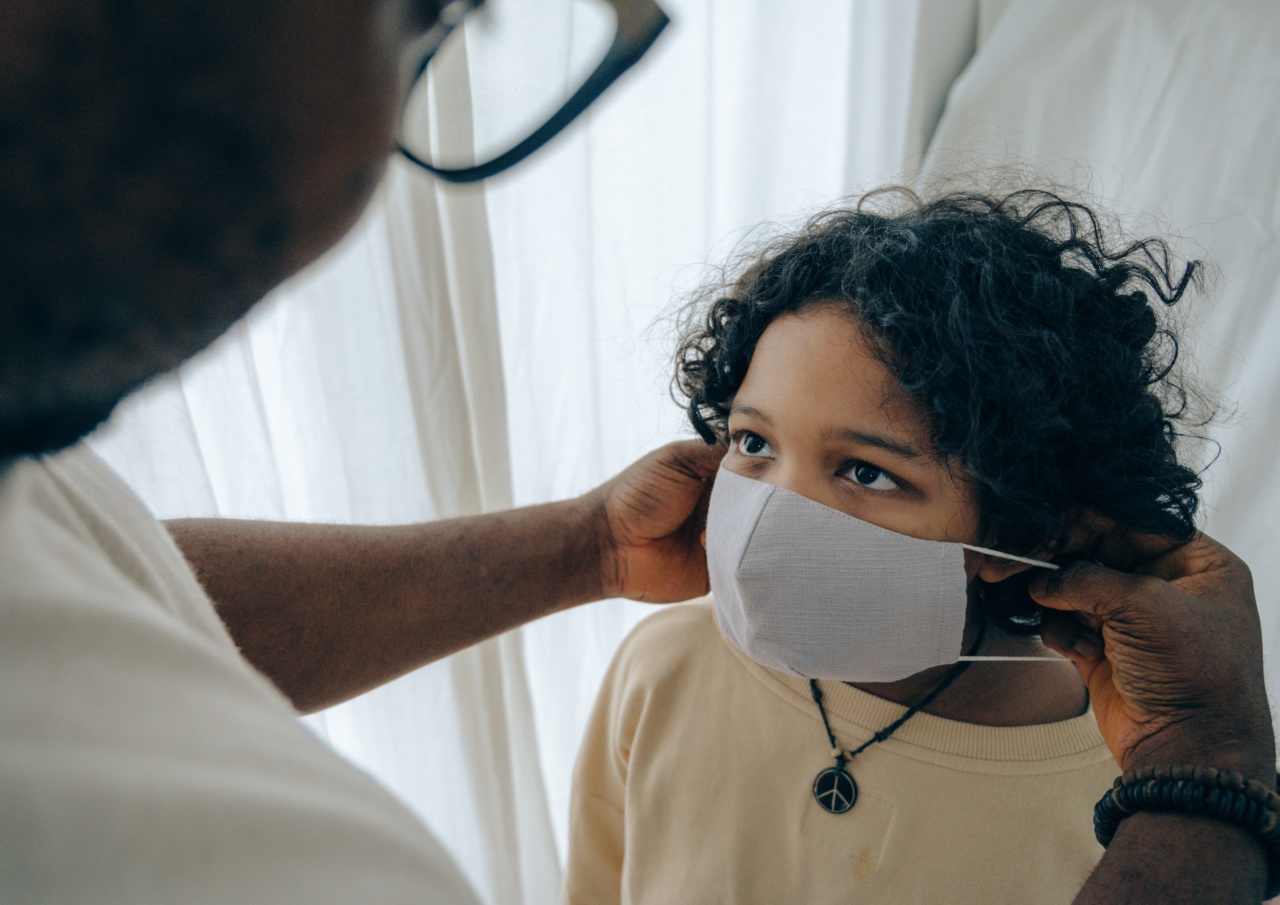Seasonal viruses are most common during the cold seasons, where they thrive. These viruses are more dangerous to children because their immune systems are not fully developed.
Therefore, it’s essential to take measures to protect kids from seasonal viruses.
Get to know the viruses
It’s crucial to know the types of seasonal viruses that your child may encounter. The common types include colds, influenza virus, respiratory syncytial virus (RSV), and other types of coronaviruses.
By understanding the viruses, you can take measures to prevent infections.
Keep your child’s hands clean
Germs are easily spread through contact with infected surfaces or people. Therefore, it’s important to teach your child to wash their hands with soap and water.
Teach them to do it after using the bathroom, before eating, and after sneezing, coughing or blowing their nose. Also, carry a hand sanitizer to use when there is no access to a sink.
Keep surfaces clean
Viruses can live on surfaces for hours, so it’s important to disinfect the surfaces your child touches frequently. These surfaces can include doorknobs, toys, remote controls, and countertops.
Use a disinfectant that is safe for children, and ensure that you follow the instructions on the label.
Teach your child to cover their mouth and nose
Teach your child to cough or sneeze into their elbow or tissue. Since respiratory viruses are airborne, covering their mouth and nose will prevent the spread of these viruses.
And, after they cough or sneeze, throw the tissue into the trash can and wash their hands.
Avoid close contact with sick people
When someone around your child is sick, make sure that they avoid close contact with them. Keep your child away from people with symptoms such as coughing, sneezing or fever.
Also, avoid crowded areas or events during the cold season, as the risk of contracting viruses is higher in such places.
Build a healthy immune system for your child
A healthy immune system helps the body fight against viruses and other infections. Therefore, it’s essential to ensure that your child gets the right nutrients and vitamins to build their immunity.
Make sure that they eat healthy foods, get enough sleep, exercise, and stay hydrated. Also, consider consulting a pediatrician for suggestions for supplements or vitamins for your child.
Ensure that your child is up-to-date with vaccinations
Vaccines are a crucial tool in preventing the spread of viruses. Make sure that your child is up-to-date with all their vaccinations, including seasonal flu shots.
Vaccines are particularly important for children with weak or compromised immune systems, such as those with asthma or diabetes.
Keep your child home when they are sick
If your child develops symptoms of a cold or flu, keep them at home. When a child with a virus goes to school or daycare, they may spread the virus to other children, increasing the risk of an outbreak.
Ensure that your child gets plenty of rest, fluids, and medicine to manage their symptoms. Also, consult a pediatrician to know when your child can return to school.
Conclusion
Protecting your child from seasonal viruses can prevent serious health conditions, such as pneumonia or bronchitis. By taking simple measures, such as washing hands and disinfecting surfaces, you can help prevent the spread of germs and viruses.
Remember to consult a pediatrician for any concerns or questions you might have about your child’s health.































